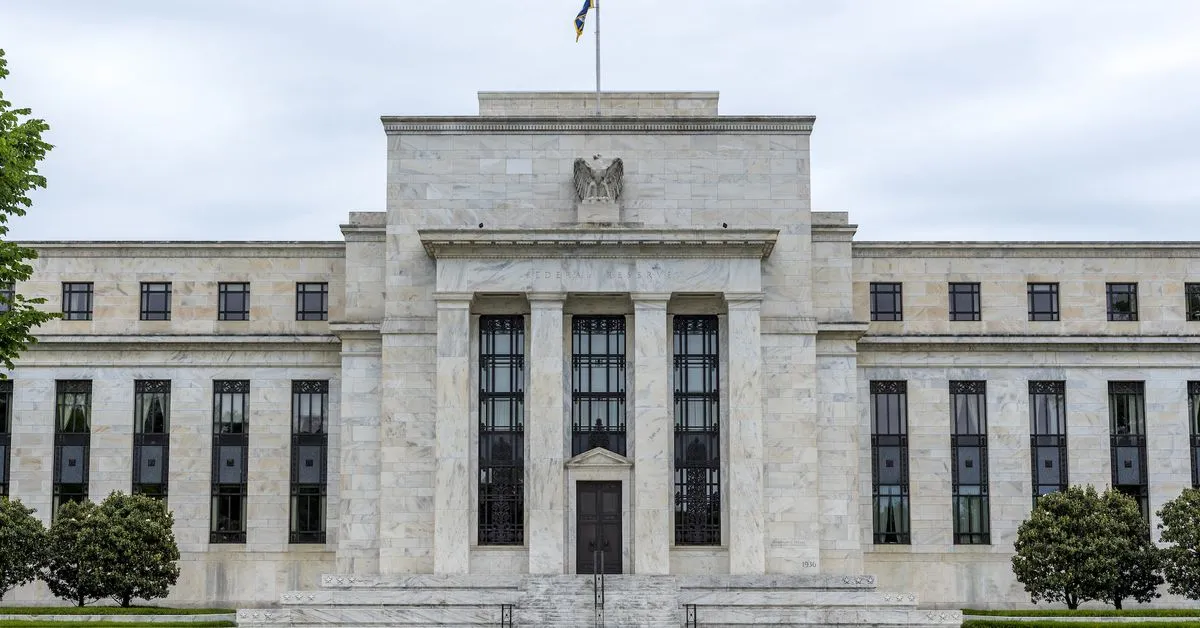Whenever the U.S. credit rating comes into view—as it did with Fitch’s surprise downgrade this week—it’s an opportunity to discuss the connection between money, debt, and power and to explore how Bitcoin and crypto could upend those relationships, writes Money Reimagined. With the U.S. being declared a less-than-perfect credit risk, it is important to consider the power the U.S. has to shape international debt markets and the potential for Bitcoin and crypto to provide a third, middle way.
The U.S. has the power to influence geopolitical outcomes and push for the profit-interests of its banks through the International Monetary Fund, of which it is the only country with sole veto power. This power is used to attach constraints on bailout offers, such as fiscal austerity, macroeconomic reforms, and higher interest rates, all of which are politically unpopular. Banks, meanwhile, are often able to emerge out of negotiations with their assets more or less intact.
Bitcoin and crypto, however, provide citizens of developing economies with the opportunity to opt out of this undemocratic and distorted international system. El Salvador’s move to declare Bitcoin legal tender is an example of this, as it is a symbolic act of affirming citizens’ agency and sovereignty. China and its allies are also exploring ways to reduce their dependence on the dollar, such as digital swap models and central bank digital currencies (CBDCs).
The U.S. should lean into the principle of free choice and open systems in money, as this is consistent with its values and what makes the dollar the preferred currency of the world. Encouraging people to have the right to choose how they want to transact could help boost the dollar’s standing and stave off the threat posed by a deteriorating credit profile and challenges from China and co.
